New Interpol President: The focus of the Russia-US tug-of-war
(Baonghean) - The vote to elect a new President for the International Criminal Police Organization - Interpol to replace former President Meng Hongwei would not have become the center of public attention if the two leading candidates were not citizens of Russia and South Korea - an ally of the United States.
More surprisingly, before the vote, public opinion was still certain of the victory of Russian Alexander Prokopchuk, but at the last minute, the candidate chosen for the position of Interpol President was Korean Kim Jong Yang. Not to mention the ability or qualifications of the candidates, this victory has shown a fierce underground race between the two "big guys" Russia and the US on all fronts.
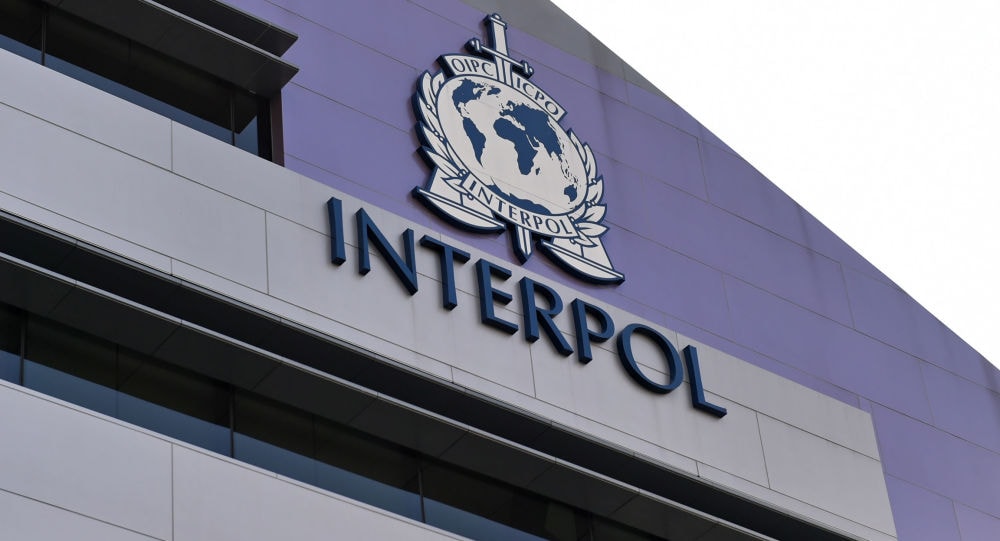 |
| Interpol headquarters. Photo: Sputnik |
From the “K-cop” wave to Interpol President
At the 87th Interpol General Assembly held in Dubai, United Arab Emirates (UAE), Mr. Kim Jong Yang of South Korea was elected as the new President of this organization. Mr. Kim Jong Yang was holding the position of Interpol's acting President after Mr. Meng Hongwei resigned due to being accused by the Chinese government of accepting bribes and other crimes. Mr. Kim Jong Yang will take over the position of Interpol President for 2 years - the remaining time of the current term, which ends in 2020.
In terms of qualifications, Mr. Kim Jong Yang is not more prominent than the Russian candidate, Mr. Alexander Prokopchuk - also one of the four current Vice Presidents of Interpol. However, in terms of experience, the new President Kim Jong Yang has also proven to be a long-time veteran in the police and crime industry.
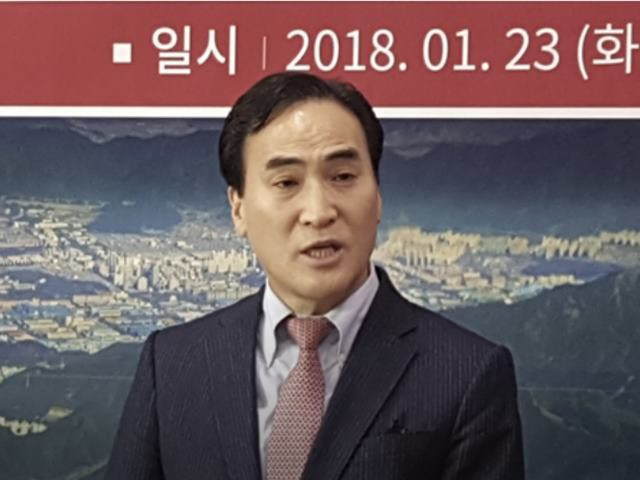 |
| New Interpol president Kim Jong Yang. Photo from the Internet |
Mr. Kim Jong Yang was born on October 30, 1961 in Changwon, South Korea. He graduated from Seoul National University and immediately after graduation, he served in the police force since 1992. He has held many positions in different units such as the Crime Prevention Division of the Pusan Nambu Police Department, the Gyeongnam Gosung Police Department, the Ulsan Metropolitan Police Agency, the Korean Consulate General in Los Angeles, USA... Later, in 2010, Mr. Kim held the position of Director General of the National Security Agency. In the period 2014-2015, Mr. Kim held the position of Director of the Gyeonggi Provincial Police Agency of South Korea, concurrently Head of the Interpol Office in Seoul and a member of the Interpol Executive Committee.
During his time working in the police force in Korea, Mr. Kim Jong Yang was impressed with the proposal and promotion of the “K-cop wave” strategy - “K-cop wave” or “K-police” with the message of strength and building people’s trust in the Korean police force, after the bad memories of the past. As prominent as in 1999, a campaign of extensive reform in the police force as well as a massive PR strategy was deployed by the police force officials. One of the core factors of this strategy was Mr. Kim Jong Yang.
In November 2015, Mr. Kim Jong Yang was elected Vice President of Interpol. On October 7, 2018, after former President Meng Hongwei resigned, Mr. Kim assumed the role of Acting President until November 21, when he was officially elected as the new President of Interpol until 2020. According to Yonhap news agency, this is the first time a Korean has taken on this position.
“Red Notice” and the Political Card
The role of the Interpol President has always been largely ceremonial and symbolic with a four-year term. In reality, this person is only responsible for chairing meetings to discuss policies and the organization's operating guidelines. According to observers, the Interpol President does not have much power and does not have a role in issuing "Red Notices" - "Red Notices" - international emergency arrest warrants. However, this reality does not mean that the Interpol President has absolutely no voice and influence in the organization's major decisions. According to criminology experts, Interpol can completely become a political tool if the individuals in charge want it to.
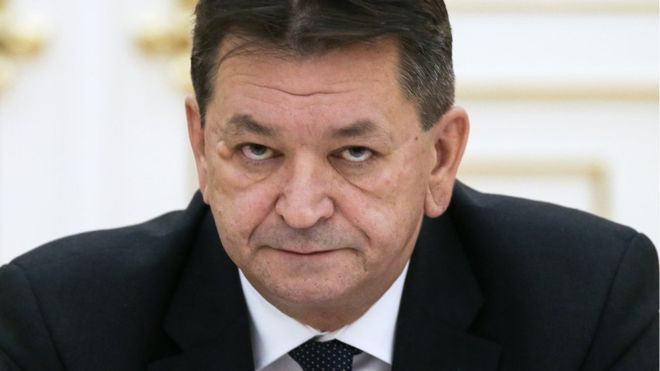 |
| Interpol Vice President Alexander Prokopchuk of Russia - one of two candidates for the position of President. Photo: Getty |
This is also the reason why Western countries accuse that if the Russian candidate - Major General Alexander Prokopchuk is elected as President of Interpol, it is very likely that this person will abuse the "Red Notice" tool to arrest Russian dissidents residing within the member countries. Even US allies such as the UK and France are concerned that if the Russian holds the position of Director of Interpol, a series of secrets of these countries will soon be exposed - a card that Russia can bargain or pressure in a series of other conflicting issues between the two sides. That is the Ukraine issue, the Syria dossier or the Iran nuclear issue... Of course, in such a context, the Korean candidate, Mr. Kim Jong Yang, has had many more advantages than Mr. Prokopchuk.
Western countries are understandably worried, because Interpol is an investigative organization with the privilege of infiltrating and accessing the criminal networks of countries, thereby tracing secrets that many countries want to hide. That is why, a day before the voting session, people saw the US side rushing to express its attitude towards this event.
In a speech on November 20, US Secretary of State Mike Pompeo expressed support for South Korean candidate Kim Jong Yang. Previously, US lawmakers also lobbied the Trump administration to oppose Russian candidate Prokopchuk, accusing Russia of “abusing” Interpol to retaliate.
No one gives in
Not only the US, its allies and partners also took the opportunity to express their support for South Korean candidate Kim Jong Yang. British Foreign Secretary Harriet Baldwin told parliament on November 20 that the country supported Mr. Kim to become the new president of Interpol. The Ukrainian government also did not hesitate to harshly criticize that the nomination of Russian police Major General Prokopchuk for the position of Interpol President was an attack on the world order of Russia. This country even threatened to withdraw from Interpol if Mr. Prokopchuk won. Another country, Lithuania, also said it would consider this possibility to express its support for Washington and the South Korean candidate.
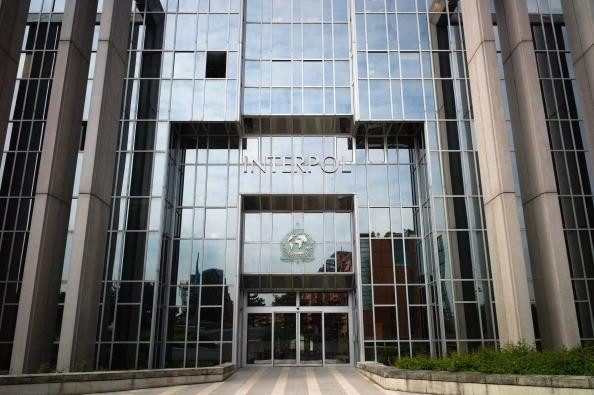 |
| Interpol headquarters in Lyon, France. Photo: Getty |
In addition, the Washington Post also revealed that the US State Department has sent letters in recent days calling for support for the candidate of its ally, South Korea, to every foreign embassy and consulate in the US. Taking advantage of every opportunity, at the recent Interpol General Assembly, US Deputy Attorney General Rod Rosenstein continued to criticize countries that abuse Interpol's "red notice" mechanism - something the US has always criticized Russia for over the years. According to the US's accusations, during his time as Vice President of Interpol, Mr. Prokopchuk repeatedly accepted Russia's request to issue "red notices" to dissidents or opponents of the Russian government.
Of course, for its part, the Russian government has condemned the US moves and said that Washington is interfering in the Interpol voting process. At the same time, the Russian Foreign Ministry also condemned the foreign media for "having a campaign to discredit the Russian candidate". With recent developments, it can be seen that the war of words between Russia and the US related to allegations of abuse of power at Interpol will certainly not stop.
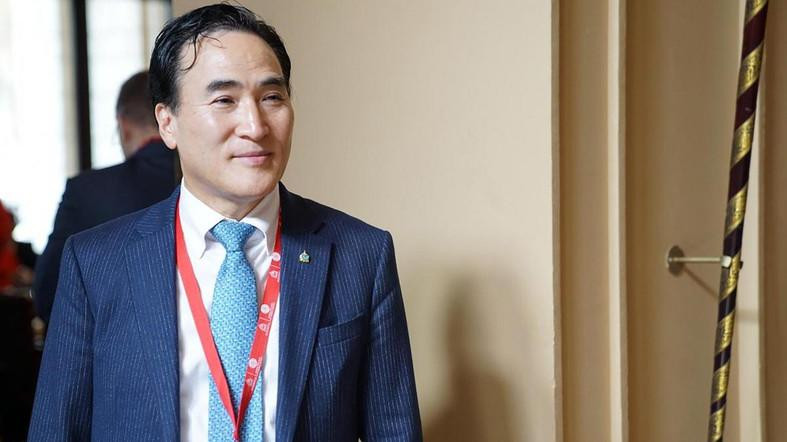 |
| Interpol President Kim Jong Yang. Photo: AFP |
Despite the recent vote, the representative of the Voting Committee responded to the press that the neutrality and independent role of the Interpol President as well as this organization will not be affected by any cause or impact. The new Interpol President Kim Jong Yang also affirmed: "The world needs a common vision and needs to build a bridge for the future to overcome the current great security challenges." However, with the endless underground races between "big guys" like Russia and the US, whether Interpol becomes a tool for the parties to compete for influence will only be a matter of more or less, public or not!
